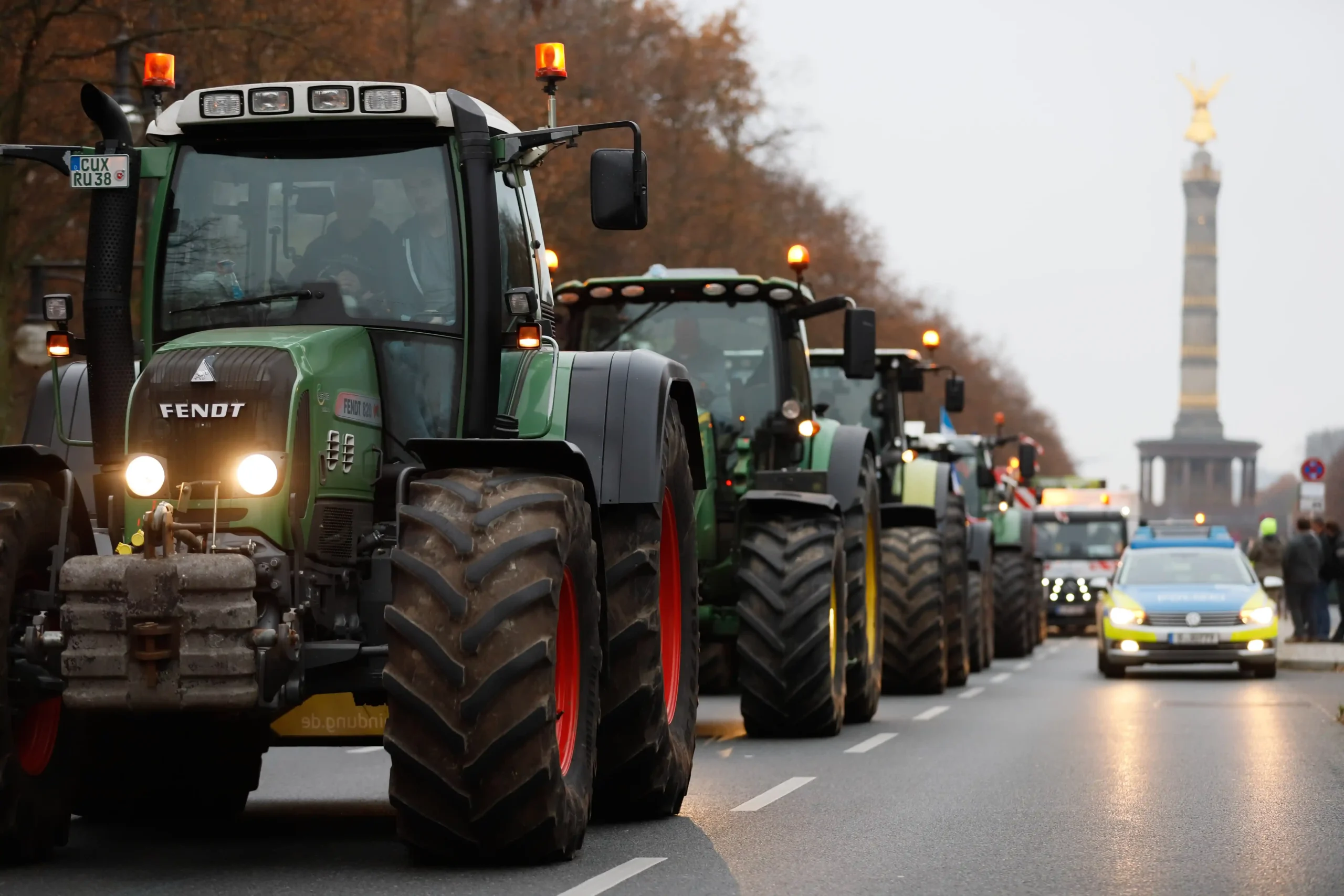8 Jul 2025
Crossroads: The Battle for the Soul of the Democratic Party
Having lost the presidential election and both chambers of Congress, it should have been expected that the Democratic Party would reflect on why voters rejected the party’s policies, platform, and candidates, and rally to face a second and far more empowered Trump administration that is aggressively dismantling the core of the Democratic Party’s achievements.
Instead, Democrats seem to have lost themselves, mired in an internal struggle over the party’s identity and future direction and unable to agree on what it truly means to be a Democrat in the Trump era.
These rifts reflect the fundamentally contrasting visions of what the party should stand for: incrementalism versus systemic change, compromise versus confrontation, electability versus principle. Without a unifying narrative or leadership capable of bridging these divides, the Democrats risk remaining paralyzed at pivotal moment in American history.
25 Feb 2025
How Does Populism Shape National and Global Politics?
Populism has recently risen in different regions, including Europe and the United States, constituting a challenge to local and global politics. While this phenomenon existed in Europe before the Second World War (WII), the rise of the Soviet Union as a principal threat to Europe after WII prompted them to neglect populism’s negatives and emphasise confronting the Soviet challenge. After the collapse of the Soviet Union in 1991, Europe began an institutionalised process of identifying new internal and external threats, attempting to keep its capabilities mobilised for confronting challenges that might suddenly arise. This process led to identifying several internal threats, such as migration, lack of skilled employment, and populism as serious threats. Moreover, European integration began a new phase with the conclusion of the Maastricht agreement in 1992, creating the EU in its current form, which prompted Europeans to identify populism as a threat that might impede European integration.
5 Mar 2024
How Europe Alienated Farmers and Revived Populism
This article was originally published on Ahram Online on Mar. 4, 2024.
Farming and food have become two of Europe’s most emotionally charged issues. The farmers protests that have been erupting across the EU this year are finally getting much sought after attention. But farmers have been expressing their discontent with EU policies for years and now, with a broader cost-of-living crisis, the discontent is spreading as European’s socio-economic anxieties rise. From favouring corporate interests to mishandling crises, European policies have presented populist and far-right forces with a new opportunity to pull in more voters —and it’s proving successful.


